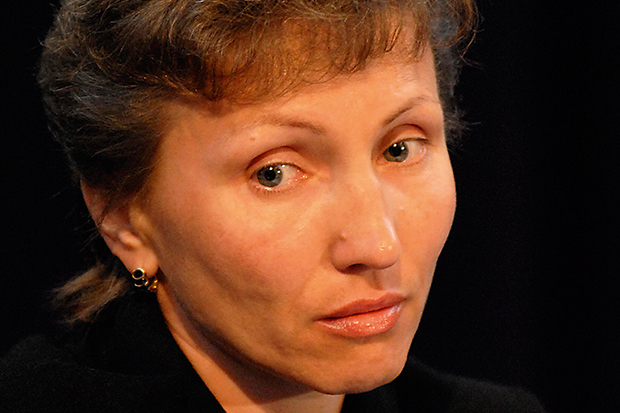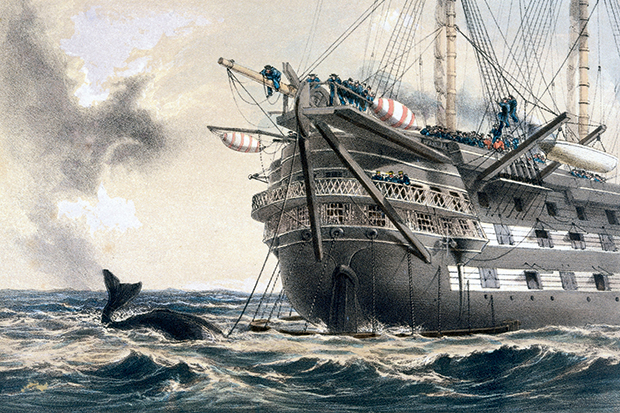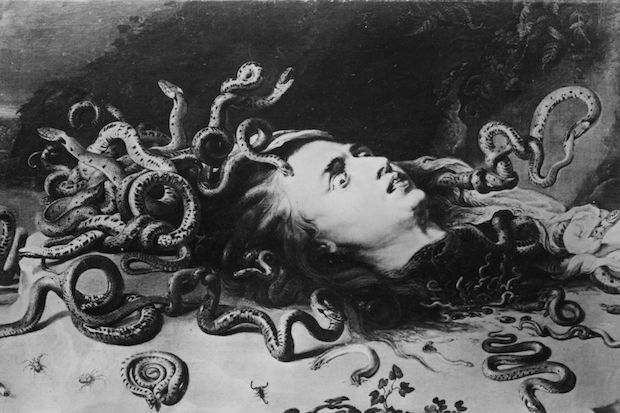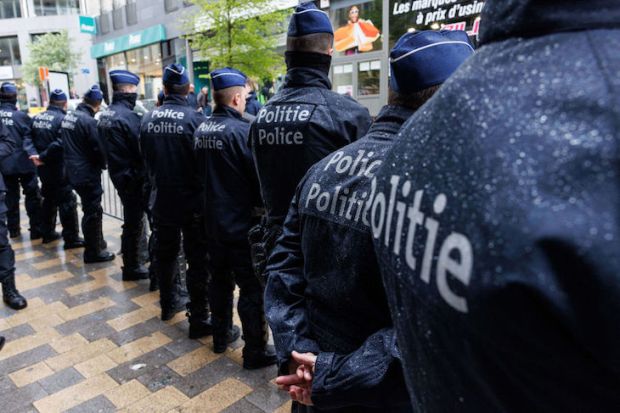On 1 November 2006 Alexander Litvinenko, ex-KGB officer and by then a British citizen, met two of his former colleagues, Andrei Lugovoi and Dmitri Kovtun, in Mayfair and drank a cup of tea with them. What happened next must count as the century’s most gruesome crime so far. The tea taken by Litvinenko was laced with a dose of polonium-210 and he died in agony in UCH several days later.
Already a subscriber? Log in
Get 10 issues
for $10
Subscribe to The Spectator Australia today for the next 10 magazine issues, plus full online access, for just $10.
- Delivery of the weekly magazine
- Unlimited access to spectator.com.au and app
- Spectator podcasts and newsletters
- Full access to spectator.co.uk
Unlock this article
Available from the Spectator Bookshop, £10.99. Tel: 08430 600. Robert Service has written biographies of Lenin, Stalin and Trotsky. His most recent book is The End of the Cold War, 1985–1991.
You might disagree with half of it, but you’ll enjoy reading all of it. Try your first month for free, then just $2 a week for the remainder of your first year.














Comments
Don't miss out
Join the conversation with other Spectator Australia readers. Subscribe to leave a comment.
SUBSCRIBEAlready a subscriber? Log in